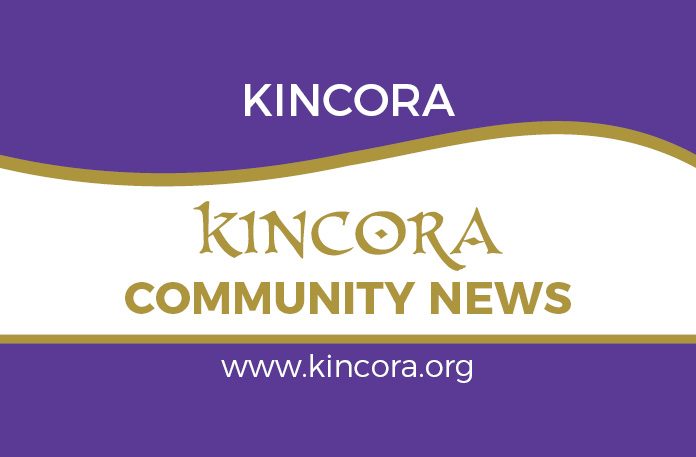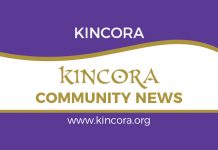by MPC Foundation
Napping can be a valuable and restorative habit, particularly for older adults. When done with intention and in moderation, it has the potential to support both cognition and overall well-being. More specifically, research suggests that naps ranging from 30 to 90 minutes may offer notable benefits, though the timing, duration, and frequency of these naps are crucial factors. Whereas longer naps during the day may sometimes indicate poor nighttime sleep quality. In contrast, shorter naps, especially those around the 30-minute mark have been linked to significant improvements in cognitive function.

Studies show that brief, intentional naps can enhance memory, focus, attention span, problem-solving abilities, and general mental clarity. Another aspect to note is that individuals who nap no more than four times per week appear to receive the greatest cognitive benefits. Furthermore, research suggests that people who plan their naps at specific times, rather than napping sporadically or whenever they feel tired, tend to score higher on cognitive assessments. Some findings even indicate that regular nappers may have brain function that appears 2.6 to 6.5 years younger compared to those who don’t nap at all.

Another important thing to that these studies focus on is the timing of a nap and how it plays a vital role in its effectiveness. Most studies suggest that the optimal window for napping falls between 1:00 and 4:00 pm, a period when the body naturally experiences a dip in energy levels. This is because napping during this midday window is the least likely to interfere with nighttime sleep and has been shown to improve mood, alertness, and cognitive performance. Whereas, morning naps, taken too soon after waking, can disrupt the body’s circadian rhythm and reduce the natural buildup of sleep pressure, making it harder to fall asleep at night. Similarly, late afternoon or evening naps may leave individuals feeling groggy and wide-awake during bedtime hours.
Research continues to show that when naps are brief, deliberate, and part of a healthy routine, they can be a powerful tool for enhancing mental and physical health. It’s important to note that naps are not a substitute for good nighttime sleep, but rather as a supplement that can improve one’s well-being.

Click here to the Kincora Community News home page for the latest Kincora community updates.










